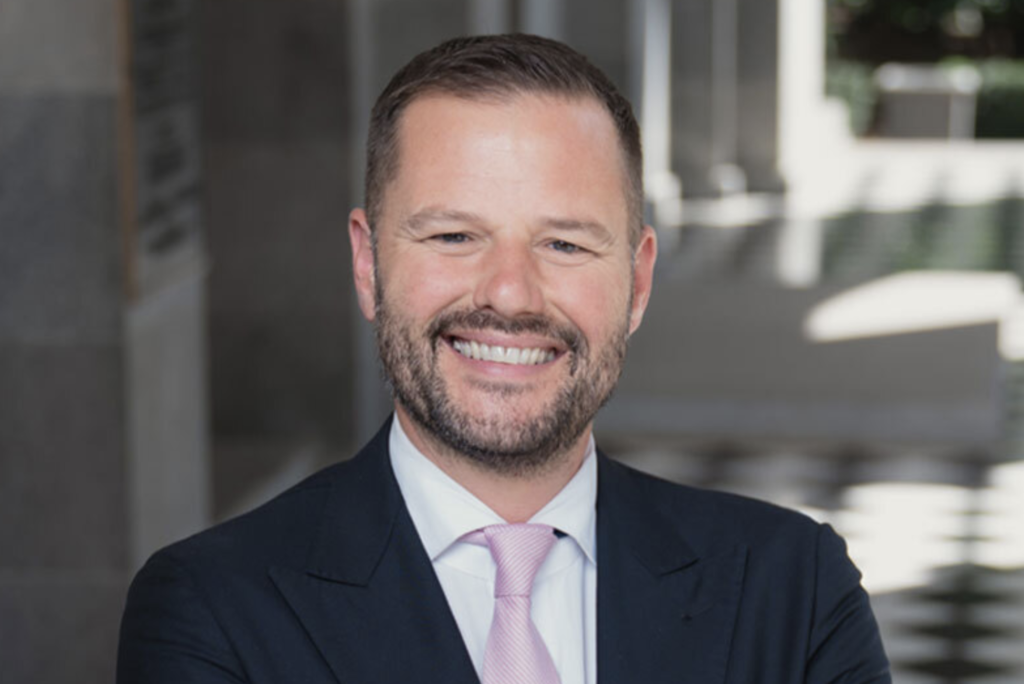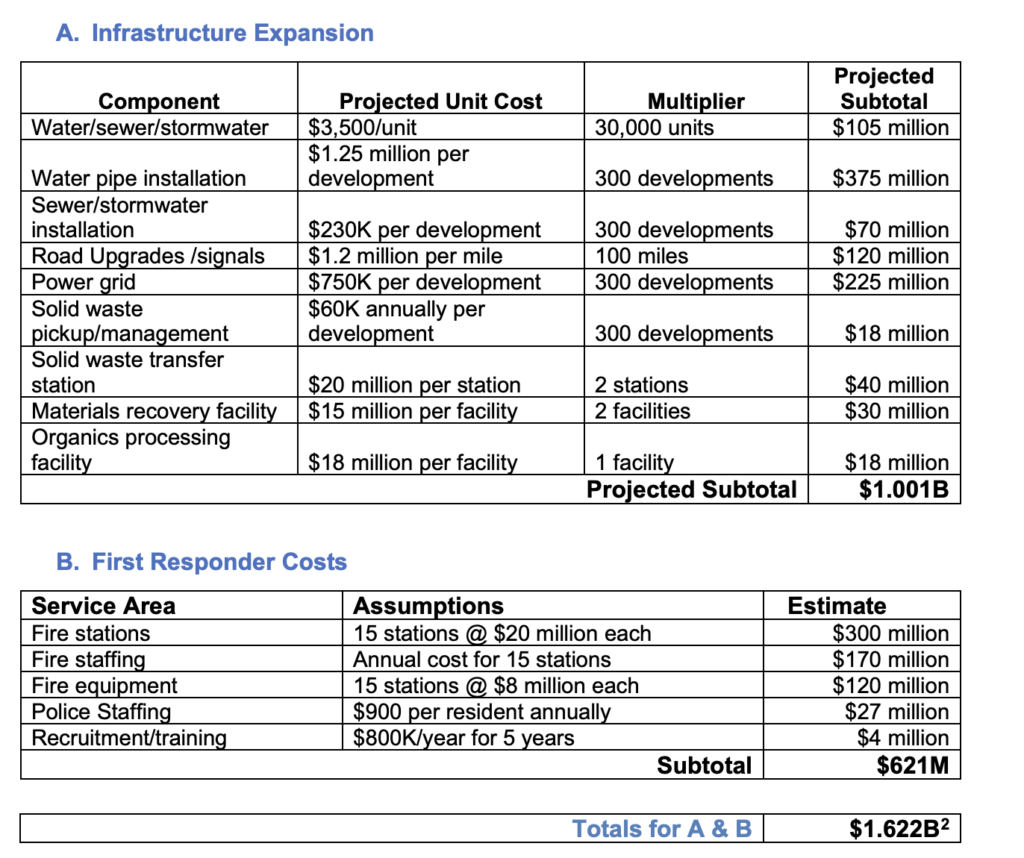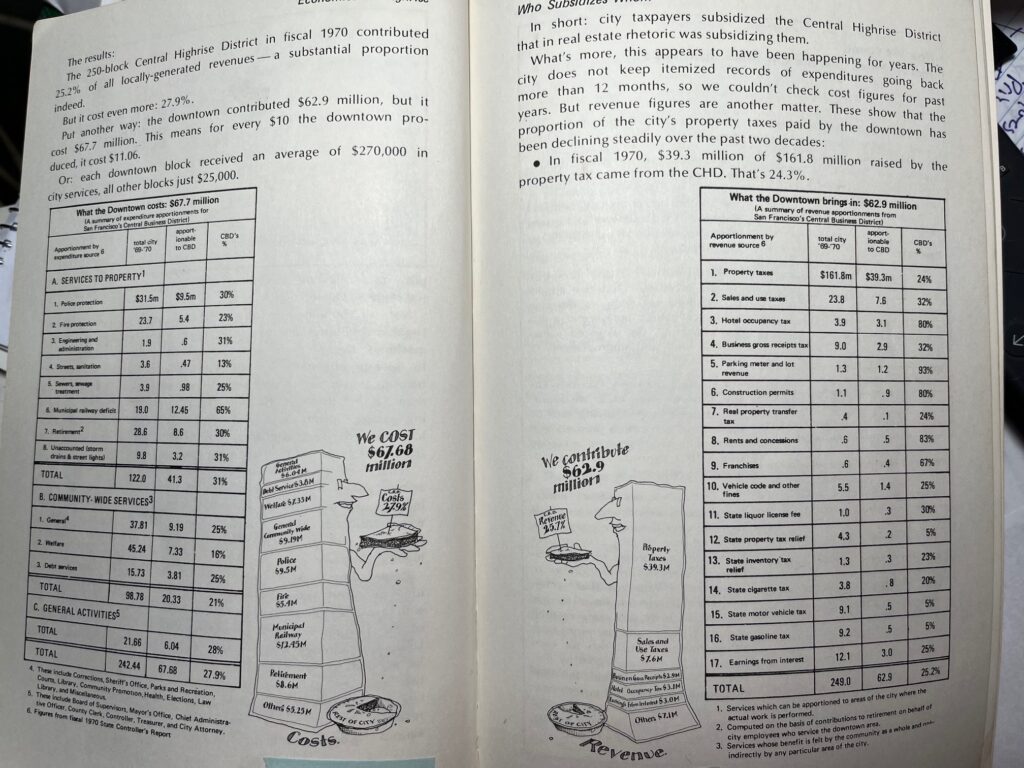Assemblymember Matt Haney ought to be in political trouble. He’s been spending campaign money on Giants, 49ers, and Warriors tickets, he’s facing two open state investigations—and as the SF Standard just reported, he’s now using his donors’ money to pay his mounting legal fees.
That’s making it harder to raise funds from local folks, who don’t want to see their money wasted.
The Standard has run several investigative stories. KQED has picked it up. But the Chronicle, which is still the most widely read local news outlet, has largely ignored the story.
That’s not much of a surprise: The Chron barely covers the city’s delegation to the state Legislature these days. Nobody knows what Haney is doing most of the time (except for his Yimby bills, that of course get Chron coverage).

That’s been the way for a few years now: SF politicians, who are watched carefully at City Hall, move on to Sacramento and get away with anything, because the local daily isn’t paying much attention. (Nobody has picked up this story, about potential conflicts of interest involving Haney’s staff.)
These days, one big story in a publication like The Standard doesn’t have much immediate impact. It’s when that story, that talking point, that idea gets into the larger media ecosystem. The Yimbys have had trememdous success not with one or two serious news stories but with a massive flood of messaging suggesting that more market-rate housing will bring prices down. The stories—even well-researched, factual stories based on solid data—that show the opposite get largely ignored by that ecosystem.
And so far, the story that Haney is playing fast and loose with campaign money hasn’t spread very far.
It’s also the case that incumbent Democrats, with their ability to raise huge sums from existing Sacramento special interests, rarely get primary challenges in San Francisco. So Haney will stay where he is for as long as term limits allow, and no number of FPPC investigations or SF Standard news stories seem to matter.
I am not a fan of the Los Angeles city attorney. She’s tried to block affordable housing in Venice. She’s terrible on open government and the First Amendment.
But she’s come out against SB 79, which could lead to the demolition of rent-controlled housing—not, apparently, because she’s concerned about rent control (and maybe because she doesn’t want any new housing development). Her formal complaint, however, is the cost.
It’s an interesting argument, one we haven’t heard much about in San Francisco: Building all that new market-rate housing will mean more rich people in the city, and they will need not just water and sewer service but cops and firefighters and schools for their kids … and Hydee Feldstein Soto says the developers won’t be paying enough to offset those costs.
SB 79 clearly imposes billions of dollars from our local taxpayers for infrastructure expansion and remediation (e.g., water/sewer/stormwater systems, trash collection, road upgrades and signals, and power grid upgrades; first responder and mobility costs; environmental oversight costs; traffic, parking and livability impacts; and administrative and legal compliance costs) without constitutionally required reimbursement from the State.
The details:
even a cursory analysis of the primary infrastructure and direct services required to support just three (3) new high-density developments in each of the City of LA’s 99 Neighborhood Council Districts would require the following:

I don’t have those numbers for San Francisco, although I’ve asked the Water Department to give me estimates (haven’t heard yet).
I think it’s fair to say that virtually 100 percent of the people who move into 100 percent affordable housing are already living here—either unhoused or marginally housed or rent burdened, but here. Which means we don’t need more cops or firefighters or schools or buses to serve them. The city already controls the water and sewer and can absorb those costs.
But market-rate housing is a different creature. While the Yimbys argue that people living in tiny units, or with roommates, or paying too much rent, will be able to afford to stay here is more luxury housing gets built, I think it’s fair to say that at least half or maybe more of the new units will go to new residents of the city.
(Again, the Yimbys will argue that more people are going to move here anyway to take jobs in AI, and if we don’t build housing for them, they will displace existing residents. But rich people demand and get more services than poor people anyway).
So there are going to be costs to the city, as there always are, from new development. The question is whether, as Tom Radulovich always argues, growth will pay for growth.
We have known for many years that highrise office development costs more in services than in pays in taxes (esp. under Prop. 13). The city has typically charged office builders about ten percent of what it actually cost to provide Muni service to their buildings.
In 1971, the Bay Guardian, where I used to work, did a pioneering cost-benefit study showing that highrise buildings cost the taxpayers more than they pay, and nothing has changed.

Maybe the data is different for housing. Maybe the new sales taxes from all the new residents pays for the costs. Mayor Daniel Lurie says we already don’t have enough cops, and is pouring money into hiring more for the existing population; maybe we’ll have to hire even more if we bring in, say, 50,000 new rich people (who are going to demand police protection at a much higher rate than existing working-class residents).
Maybe the mayor and the supes are willing to stress the city budget even further to accommodate more building. Maybe the state is forcing us to.
But as the Planning Commission and the Board of Supes considers Lurie’s dramatic upzoning plan, maybe someone should ask the Budget and Legislative Analyst to run the numbers.
The San Francisco Democratic Party hasn’t weighed in on the District 4 recall, in part because I don’t think Sup. Joel Engardio had the votes. But that’s changing, in part, I am told, because Todd David, who runs the billionaire-backed Abundant SF, is twisting arms behind the scenes.
It’s not clear what difference the party endorsement will make in the Sunset; typically, the Democratic Party nod allows candidates and ballot measures to direct additional money to their campaigns through the party and its slate card. But Engardio has all the money he needs anyway, thanks to his billionaire allies. There’s also a chance that a DCCC vote against the recall—which is really popular with West Side Asian voters—will just lead to a backlash against the (again) billionaire-backed slate that runs the party these days.
The committee will take public comment and vote on the endorsement Aug. 27. But the two sides will appear by Zoom Wednesday/13 to present their cases and debate the issue—and while there will be no public comment, any questions from committee members might gibe a hint to where that vote is going.
There’s a link to watch the meeting here.

The Western Regional Advocacy Project, Poor Magazine, and several other groups that advocate for marginalized and unhoused communities is holding an afternoon of resistance Saturday/16, with a Mission mural tour, screen printing, and music. Meet at 3pm at Clarion Alley. On Thursday/14, There’s an art show that includes a screening of Poor Magazine’s Crushing Wheelchairs movie trailer. 6pm, 518 Valencia.





